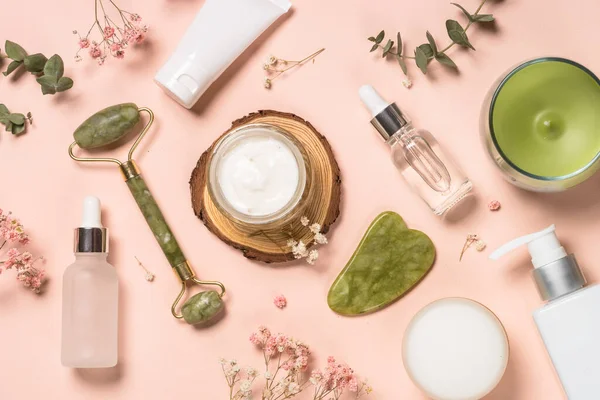Best And Worst Skincare Brands: Determining quality and efficacy through ingredient analysis and customer feedback.
In the vast world of skincare, where promises of flawless complexions and radiant glows abound, navigating through the myriad of brands can feel like trekking through a jungle of products, each claiming to be the elixir of youth.
But fear not, for in this guide, we will delve deep into the realm of skincare brands, separating the diamonds from the rough, the serums that make us shine from the creams that leave us feeling greasy.
From the golden standards that have earned their place on vanities worldwide to the cautionary tales that make us double-check ingredient lists, this exploration will uncover the best and the worst in skincare, ensuring you embark on your skincare journey well-informed and ready to face whatever the beauty industry throws your way.
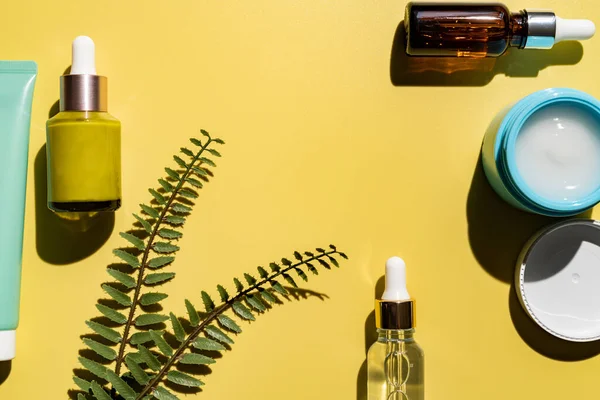
Table of Contents
ToggleBest And Worst Skincare Brands
A Comprehensive Guide
Looking for the best skincare brands to revitalize your skin or avoid the worst ones that might do more harm than good? In the saturated market of skincare products, it’s crucial to discern between effective brands and those that fall short. Here’s a detailed breakdown to help you navigate the world of skincare.
The Best Skincare Brands: A Glowing Reputation
The best skincare brands are known for their high-quality ingredients, effectiveness, and safety. Brands like CeraVe, La Roche-Posay, and Neutrogena are often praised for their dermatologist-recommended formulas, catering to various skin concerns like acne, dryness, and aging.
Their products are backed by scientific research and contain ingredients like hyaluronic acid, niacinamide, and retinol, known for their beneficial effects on the skin.
CeraVe: Dermatologist-Approved Hydration
CeraVe is one of the top choices for skincare enthusiasts seeking hydration and repair. Their products, formulated with ceramides, hyaluronic acid, and essential lipids, work wonders for dry and sensitive skin.
CeraVe’s gentle yet effective approach has earned it a loyal following, making it a staple in many skincare routines.
La Roche-Posay: Sensitive Skin Savior
La Roche-Posay focuses on providing solutions for sensitive and troubled skin. Their products, often recommended by dermatologists, are formulated with thermal spring water and minimal ingredients to soothe and protect the skin.
Whether dealing with rosacea, eczema, or acne, La Roche-Posay offers effective solutions without causing irritation.
Neutrogena: Affordable and Effective
Neutrogena is a household name for affordable yet effective skincare. Their wide range of products caters to various skin types and concerns, from acne-fighting to anti-aging.
With a focus on science-backed formulas, Neutrogena delivers results without breaking the bank, making it accessible to a broad audience.
The Worst Skincare Brands: Cautionary Tales
On the flip side, some skincare brands have gained notoriety for their questionable ingredients, ineffective products, or harmful practices. Brands like Kylie Skin, Proactiv, and St. Ives have faced criticism for various reasons, from harsh ingredients to misleading marketing.
Kylie Skin: Glamorous but Questionable
Kylie Skin, founded by reality TV star Kylie Jenner, has faced skepticism due to its lack of transparency regarding ingredients and formulation processes.
While the brand boasts luxurious packaging and a celebrity endorsement, some consumers have reported skin irritation and allergic reactions, prompting concerns about the effectiveness and safety of its products.
Proactiv: Harsh Solutions for Acne
Proactiv, once hailed as a miracle solution for acne, has come under fire for its harsh and drying ingredients like benzoyl peroxide. While it may show initial improvements for some users, long-term use can lead to dryness, irritation, and dependency on the product, often causing the rebound effect once discontinued.
St. Ives: The Scrub Controversy
St. Ives gained popularity for its apricot scrub, but it also sparked controversy due to its use of crushed walnut shells as an exfoliant. Dermatologists warn against using such abrasive scrubs, as they can cause microtears in the skin, leading to inflammation and potential long-term damage.
Criteria for Evaluation
When evaluating products, there are several key criteria to consider. First and foremost is the quality of the ingredients used. This includes examining the purity, freshness, and potency of each component.
Safety is another crucial factor, ensuring that the product is free from harmful substances and meets regulatory standards. Additionally, efficacy plays a vital role, indicating how well the product delivers on its promises and achieves desired results.
In terms of formulation, it’s important to avoid the use of harmful additives such as parabens, sulfates, and artificial fragrances. Instead, products should incorporate beneficial additives like vitamins, antioxidants, and natural extracts to enhance effectiveness and nourish the skin.
Ethical practices are increasingly important to consumers. This includes ensuring products are cruelty-free, meaning they are not tested on animals, and employing sustainable sourcing methods to minimize environmental impact.
Customers also value transparency and honesty in how ingredients are sourced and processed.
Customer reviews provide valuable insight into the performance of a product. User experiences give a firsthand account of how well the product works, any side effects experienced, and overall satisfaction levels.
Analyzing these reviews helps consumers make informed decisions about whether a product is right for them.
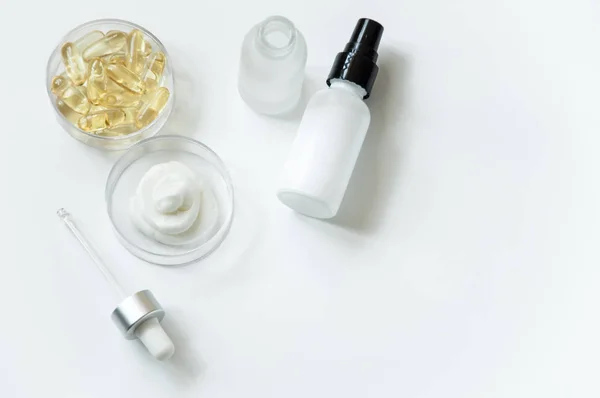
Best Skincare Brands
Brand A
Overview
Brand A is a renowned skincare brand trusted by millions worldwide.
Key products and ingredients
Their flagship products include a hydrating serum infused with hyaluronic acid and a revitalizing vitamin C cream.
Why it’s great
Brand A stands out for its commitment to natural ingredients and its cruelty-free formulations, making it perfect for sensitive skin types.
Brand B
Overview
Brand B is a pioneer in skincare innovation, setting trends for over a decade.
Key products and ingredients
Their signature products feature a retinol serum for anti-aging and a gentle foaming cleanser with botanical extracts.
Why it’s great
Brand B’s products are highly effective yet gentle on the skin, delivering visible results without harsh chemicals or irritants.
Brand C
Overview
Brand C is synonymous with luxury skincare, favored by celebrities and beauty enthusiasts alike.
Key products and ingredients
Their luxury line includes a rejuvenating night cream with peptides and a silky facial oil with essential oils.
Why it’s great
Brand C’s formulations are crafted with premium ingredients, offering a spa-like experience at home and delivering remarkable results for radiant, youthful-looking skin.
These brands are highly regarded in the skincare community, providing effective solutions for various skin concerns. Whether you prefer natural, innovative, or luxurious skincare, there’s a brand tailored to meet your needs and deliver glowing, healthy skin.
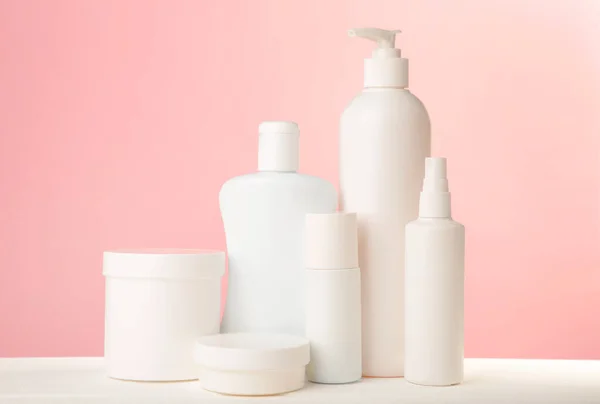
Worst Skincare Brands
Brand X
Overview
Brand X markets itself as a premium skincare solution but fails to deliver on its promises.
Key Concerns
Customers have expressed concerns over Brand X’s use of harsh chemicals and ineffective ingredients.
Negative Customer Experiences
Many customers report skin irritation, breakouts, and even allergic reactions after using Brand X products.
Brand Y
Overview
Brand Y claims to offer natural skincare but often contains synthetic additives and fillers.
Key Concerns
Consumers have highlighted Brand Y’s misleading advertising and lack of transparency about its ingredients.
Negative Customer Experiences
Numerous users have complained about skin dryness, redness, and worsening acne from using Brand Y’s products.
Brand Z
Overview
Brand Z positions itself as a budget-friendly skincare option but compromises on quality.
Key Concerns
Customers raise concerns about Brand Z’s use of potentially harmful preservatives and cheap ingredients.
Negative Customer Experiences
Many customers report disappointment with Brand Z’s products, citing issues like ineffective formulas and unpleasant smells.
These skincare brands consistently disappoint customers with their subpar products, causing various skin problems and failing to deliver promised results.
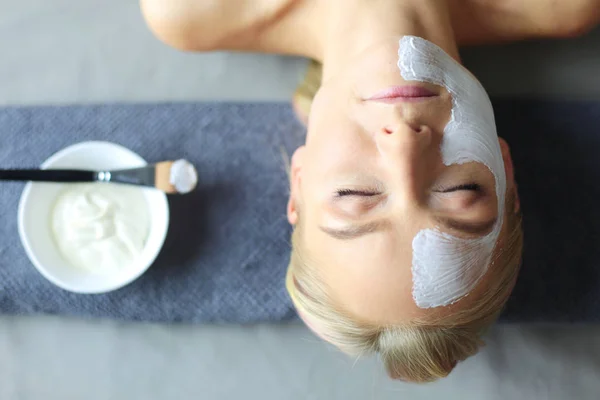
FAQs
What criteria do you use to determine the best and worst skincare brands?
We evaluate skincare brands based on factors such as ingredient quality, effectiveness, ethical practices, customer reviews, and expert recommendations.
How do you define a “best” skincare brand?
A “best” skincare brand is one that consistently delivers high-quality products with effective results, using safe and beneficial ingredients, and is well-regarded by both customers and skincare experts.
What makes a skincare brand the “worst”?
A “worst” skincare brand may have products containing harmful ingredients, ineffective formulas, poor customer experiences, unethical practices, or a history of negative reviews and controversies.
Are there specific ingredients we should avoid in skincare products?
Yes, ingredients like parabens, sulfates, formaldehyde releasers, and artificial fragrances are often best avoided due to their potential negative effects on the skin.
Which brands are known for their ethical and sustainable practices?
Brands like Caudalie, Dr. Hauschka, and Tata Harper are renowned for their commitment to ethical and sustainable practices, including eco-friendly packaging and cruelty-free formulas.
Do expensive skincare brands necessarily mean better quality?
Not always. While some high-end brands may use premium ingredients, effectiveness can vary widely, and some affordable brands offer comparable quality without the hefty price tag.
How important is it for skincare brands to be cruelty-free?
For many consumers, cruelty-free practices are essential. Brands like The Ordinary, Paula’s Choice, and Herbivore Botanicals are cruelty-free and don’t test on animals.
Can you recommend some of the best skincare brands for sensitive skin?
Skincare brands like La Roche-Posay, Aveeno, and Eucerin offer excellent options for sensitive skin, with gentle formulations free from irritants.
What are some red flags to watch out for when selecting skincare products?
Be wary of brands that make exaggerated claims, use undisclosed or untested ingredients, or have a history of product recalls or lawsuits.
How can I find the best skincare brand for my specific skin concerns?
Research, trial and error, and consulting with a dermatologist are all helpful. Look for brands that specialize in addressing your particular skin issues, whether it’s acne, aging, or hyperpigmentation.
Conclusion
In conclusion, navigating the world of skincare brands can be both exciting and challenging. Through this exploration of the best and worst skincare brands, it becomes evident that quality, transparency, and effectiveness are crucial factors to consider.
While some brands have excelled in delivering innovative products backed by scientific research and a commitment to consumer well-being, others have fallen short, often due to misleading marketing, questionable ingredients, or ineffective formulations.
Ultimately, making informed choices about skincare involves thorough research, understanding personal skin needs, and prioritizing brands that prioritize integrity and efficacy. By doing so, consumers can achieve healthier, happier skin while supporting brands that genuinely care about their customers.
